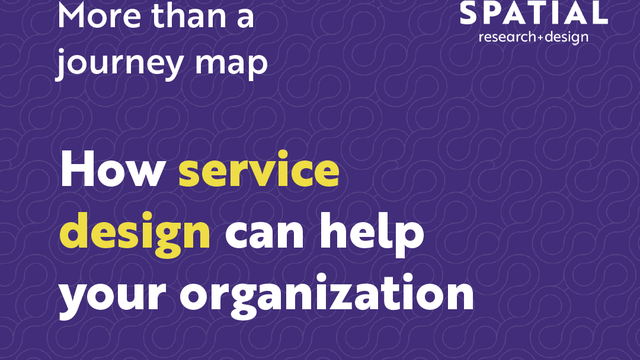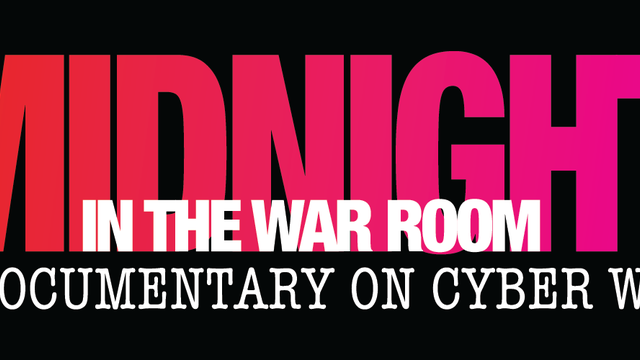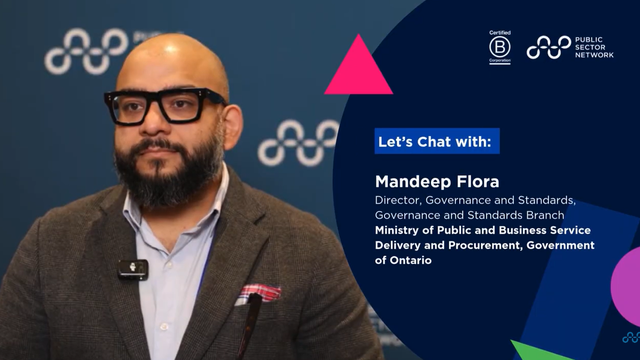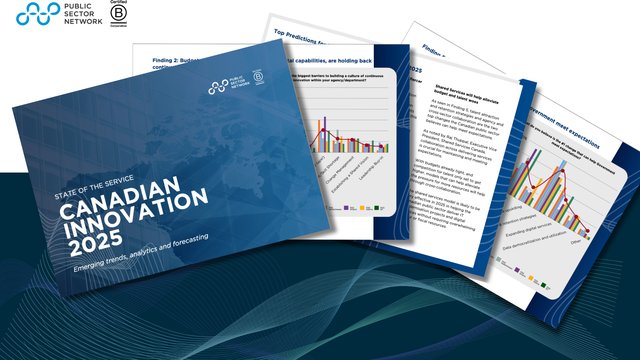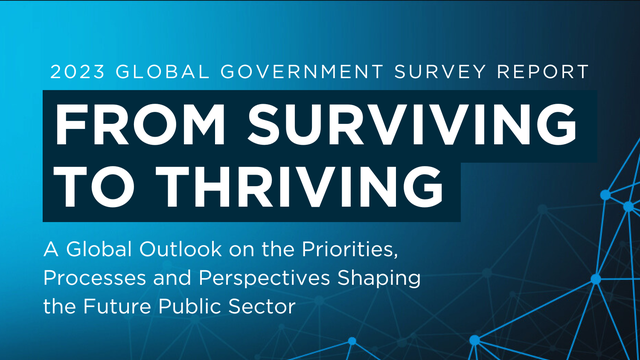
The cloud computing market is dominated by four major players: Amazon Web Services (AWS), Microsoft Azure, Google Cloud Platform (GCP), and Oracle Cloud Infrastructure (OCI). Each offers a range of services and capabilities, making it challenging for businesses to choose the best fit for their needs. This article delves into the key differences between AWS, Azure, Google Cloud or GCP, and OCI to help you make an informed decision.
Market Share and Popularity
AWS
Launched in 2006, AWS is the oldest and most widely adopted cloud platform. It commands the largest market share and has a vast global infrastructure, serving millions of customers, including startups, enterprises, and government agencies.
Microsoft Azure
Azure entered the market in 2010 and quickly gained traction, especially among enterprises that rely on Microsoft products. Its deep integration with Microsoft software and services, such as Windows Server, SQL Server, and Office 365, makes it a popular choice for businesses already invested in the Microsoft ecosystem.
Google Cloud Platform
GCP, launched in 2008, is renowned for its expertise in data analytics, machine learning, and artificial intelligence. While it lags behind AWS and Azure in market share, Google Cloud has been steadily growing, particularly among data-driven and tech-savvy companies.
Oracle Cloud Infrastructure
OCI, introduced in 2016, focuses on providing enterprise-grade cloud solutions, particularly for database services. Oracle’s strong presence in the enterprise database market has helped OCI gain traction among businesses that rely on Oracle databases and applications.
Breakdown of service offerings
All four platforms offer a comprehensive range of services, but they have different strengths and areas of focus.
Compute Services:
- AWS: Offers EC2 (Elastic Compute Cloud) with a wide variety of instance types, including options for general-purpose, compute-optimized, memory-optimized, and GPU instances.
- Azure: Provides Virtual Machines (VMs) with extensive options for Windows and Linux environments. Azure also offers specialized services like Azure Batch for large-scale parallel and high-performance computing (HPC) applications.
- Google Cloud: Features a Compute Engine with customizable virtual machines, and is particularly strong in container orchestration with its Kubernetes Engine (GKE).
- OCI: Provides Compute instances with bare metal, virtual machine, and GPU options, focusing on high performance and scalability. OCI is particularly noted for its robust support for Oracle applications and databases.
Storage Solutions:
- AWS: Known for its extensive storage services, including S3 (Simple Storage Service), EBS (Elastic Block Store), and Glacier for archival storage.
- Azure: Provides Blob Storage for unstructured data, Azure Files for managed file shares, and Disk Storage for high-performance applications.
- Google Cloud: Offers Cloud Storage for object storage, Persistent Disks for block storage, and Filestore for scalable file storage.
- OCI: Features Object Storage, Block Volumes, and File Storage. OCI’s storage services are designed to integrate seamlessly with Oracle databases and applications.
Networking:
- AWS: Offers a robust set of networking services, including VPC (Virtual Private Cloud), Route 53 for DNS, and Direct Connect for dedicated network connections.
- Azure: Features Virtual Network (VNet), Azure DNS, and ExpressRoute for private connections to Azure datacenters.
- GCP: Provides Virtual Private Cloud (VPC), Cloud DNS, and Cloud Interconnect for high-bandwidth connections.
- OCI: Offers Virtual Cloud Network (VCN), FastConnect for dedicated connections, and comprehensive DNS and load balancing services, optimised for Oracle workloads.
Pricing Models
AWS: Uses a pay-as-you-go pricing model, with additional savings through Reserved Instances and Savings Plans. AWS also offers a free tier with limited access to services.
Azure: Follows a similar pay-as-you-go model with options for Reserved Instances and Azure Hybrid Benefit, which provides cost savings for customers with existing Microsoft licenses.
GCP: Also utilises pay-as-you-go pricing and offers Sustained Use Discounts and Committed Use Contracts for long-term savings. Google Cloud’s pricing model is considered more straightforward and transparent compared to its competitors.
OCI: Features competitive pricing with a pay-as-you-go model, Reserved Instances, and flexible billing options. OCI is often highlighted for its cost-effectiveness, particularly for Oracle database workloads.
Global Reach and Availability
AWS: Boasts the most extensive global infrastructure, with 25 regions and 81 availability zones. AWS’s vast network ensures high availability and low latency for users worldwide.
Azure: Operates in 60+ regions, making it the largest in terms of regional coverage. Azure’s expansive network is particularly beneficial for multinational organizations requiring data sovereignty and compliance.
GCP: Has 27 regions and 82 zones, with a strong presence in key markets. While not as extensive as AWS or Azure, Google Cloud’s network is continually expanding.
OCI: Offers 38 regions with 58 availability domains, focusing on providing high performance and low latency for enterprise applications, particularly those running Oracle databases.
Security and Compliance
AWS: Provides a comprehensive set of security features, including identity and access management (IAM), encryption, and compliance certifications across various industries.
Azure: Offers robust security features integrated with Microsoft’s Security Development Lifecycle (SDL). Azure’s compliance portfolio is extensive, catering to various regulatory requirements worldwide.
GCP: Emphasises security with features like IAM, data encryption by default, and strong compliance credentials. Google’s expertise in security is reflected in its advanced threat detection and mitigation capabilities.
OCI: Focuses on security with features like IAM, data encryption, and comprehensive compliance certifications. OCI is particularly strong in securing Oracle workloads, ensuring robust protection for enterprise applications.
Integration and Ecosystem
AWS: Has a vast ecosystem of third-party integrations and a rich marketplace for software and services. AWS also supports a wide range of programming languages and development frameworks.
Azure: Excels in integration with Microsoft products and services. Azure’s ecosystem includes a marketplace and extensive support for open-source technologies.
GCP: Strongly focuses on open-source and multi-cloud environments. Google Cloud’s ecosystem includes integrations with various Google services and a growing marketplace.
OCI: Offers seamless integration with Oracle applications and databases, providing a strong ecosystem for enterprises using Oracle software. OCI’s marketplace includes a variety of third-party applications optimised for Oracle environments.
AWS vs Microsoft Azure vs Google Cloud vs Oracle Cloud – which one is the best?
Quick answer? That depends. Choosing between AWS, Azure, Google Cloud, and OCI depends on your organisation’s needs, existing technology stack, and strategic goals. AWS is ideal for organisations seeking the most mature and extensive cloud platform with a wide range of services. Azure is a great choice for businesses heavily invested in the Microsoft ecosystem, offering seamless integration and comprehensive enterprise solutions. Google Cloud stands out for its expertise in data analytics, machine learning, and open-source technologies, making it a strong contender for tech-driven companies. OCI supports Oracle applications and databases, providing a cost-effective, high-performance option for enterprises relying on Oracle software.
Here are some excellent cloud success stories to help you see what’s possible:
- An ongoing partnership with Federal Government to protect the nation’s biodiversity data with a digital transformation to AWS cloud
- How moving from Oracle on-premises to AWS Cloud saved Macquarie University $1M+ annually
- Department for Education: A payroll system migration to AWS Cloud with thousands of salaries at risk
- Modernising Patient Billing PBRC Environment with on-prem to Azure Cloud Migration
- From Tape Robots to backups in Azure Cloud for Catholic Education South Australia
Ready to make your decision but need expert guidance? At Blue Crystal Solutions, we specialise in helping businesses navigate the complexities of cloud adoption and management. Our team of seasoned professionals can assist you in evaluating your options and selecting the best cloud platform to meet your unique business challenges. Contact us today to speak with a trusted managed service provider and ensure your cloud strategy is tailored for success.
Read the full article here https://www.bluecrystal.com.au/news/aws-vs-microsoft-azure-vs-google-cloud/
Learn more about our Technology Partnerships with AWS, Microsoft and Oracle.
Sources:
Published by
About our partner

Blue Crystal Solutions
Blue Crystal Solutions is a 100% Australian owned IT Managed Services and IT Consulting company specialising in cloud, database, applications, infrastructure and secure Private AI solutions. Headquartered in Adelaide, we support government, defence, healthcare, utilities, and regulated industries with sovereign delivery capability and a fully domestic workforce. We are ISO 9001 and ISO 27001 certified, with NV1 cleared personnel and a strong focus on quality, security, and modern engineering practices. We help customers build the technical and governance foundations needed to modernise operations, unlock value from data, and innovate with confidence. In IT, it’s all about the numbers, so Blue Crystal Solutions are: 1,000s of databases, servers, and applications under support 60+ contracts actively in management 30+ Cloud Projects delivered 50+ staff across 5 locations in Australia Excellent Customer Satisfaction NPS +67 3 Major Technology Partners 100% Australian owned & 100% Australian operated. ISO 27001 & ISO 9001 CertifiedNV1 ClearedMore info: https://www.bluecrystal.com.au/
Learn more

